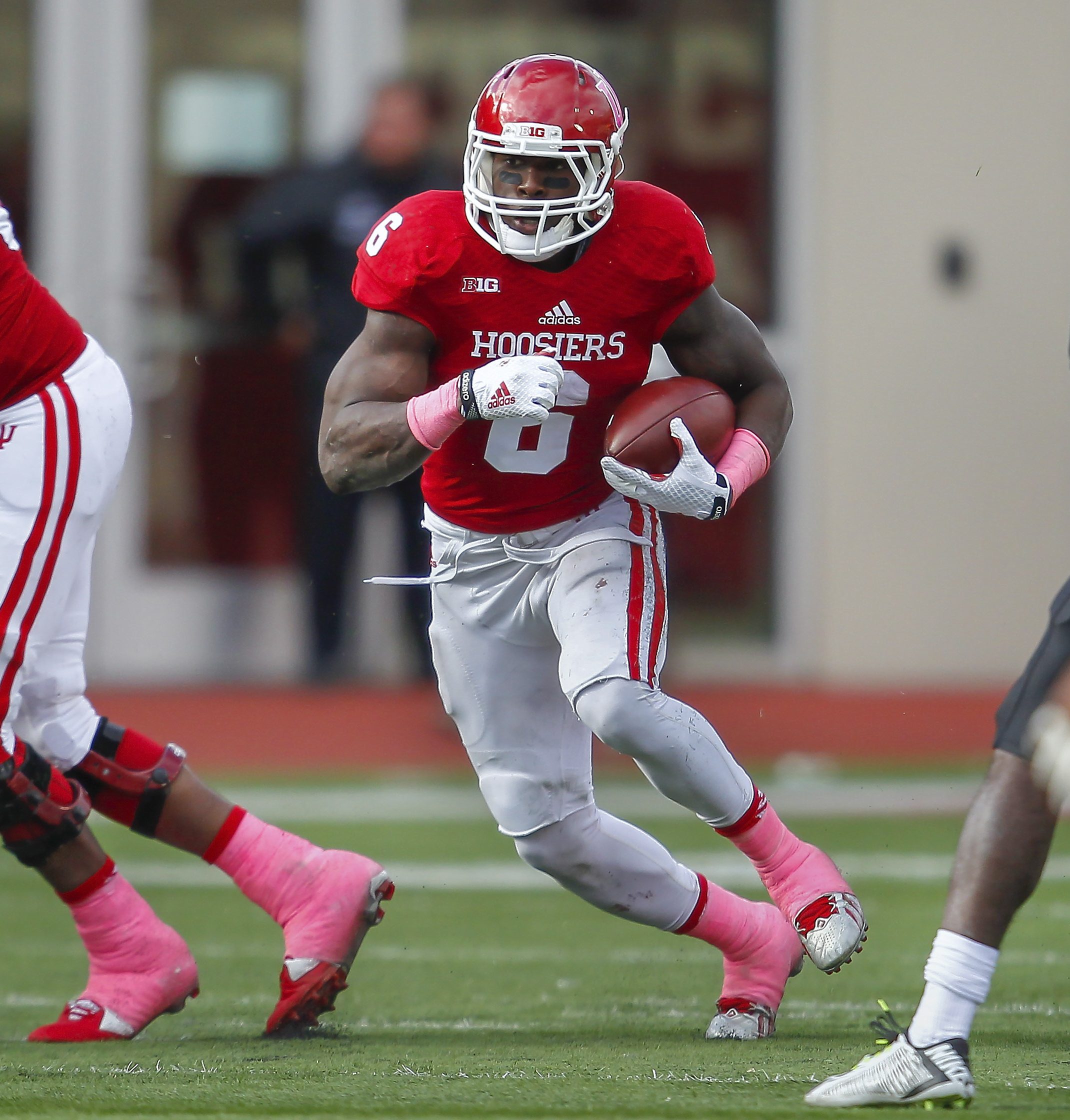One in 150 children born in the United States has autism.
What happens when all these children grow up to be teenagers?
A unique program here in Southern California helps them adjust to life in middle school and beyond.
The teenage years are when kids start to form their own social circles and learn to become independent. This class focuses on coping and making life richer for high functioning autistic teens and their families during this crucial time.
This is a serious lesson on social skills... for kids who are autistic. It's part of a unique program at UCLA called "PEERS."
"How do you have successful get-together with someone? How do you go up to a group of teens and join their conversation? Unfortuantely, our kids with autism, they don't naturally understand these social cues or these rules of social etiquette," said Liz Laugeson, of the UCLA Semel Institute.
Actor Gary Cole and his wife, Teddi, worried about their daughter, Mary, transitioning into middle school.
Health & Wellness
Health and wellness news
"When they're small, you can pick up the phone and you can control, in a way, a social life for your child," Cole said. "As they get older, you can't do it. It starts to get away from you."
So they brought her to PEERS, where autistic teens get concrete rules on social etiquette, specific steps they can take in certain social situations, and the opportunity to practice.
"What I like about it is they're there to help you and it's helped me more get into conversations and have more things to do," said Mary Cole.
While the class is going on, the parents are being coached in the next room. They are learning to assist their teens in making and keeping friends.
Mary has been putting what she's learned into practice. And, friends have noticed.
"In school, she wouldn't really talk to a lot of people but now I see her getting more involved with a lot more people," said friend Catalina Mullis.
"I went out with my friends. It was a lot of fun. I felt more open, like I got to see the outside world," Mary said.
Results of testing show that teens who have been through the PEERS program, after 14 weeks, are having more get-togethers and more peer interactions with their friends outside school.
For information like this right on your phone, text the word HEALTH to 85183. Every Monday, Dr. Bruce will give you a tip to make your summer healthier.
Resources
PEERS -- Program For The Education And Enrichment Of Relational Skills: http://www.npi.ucla.edu/socialskills/
The Help Group: http://www.thehelpgroup.org/index.php



